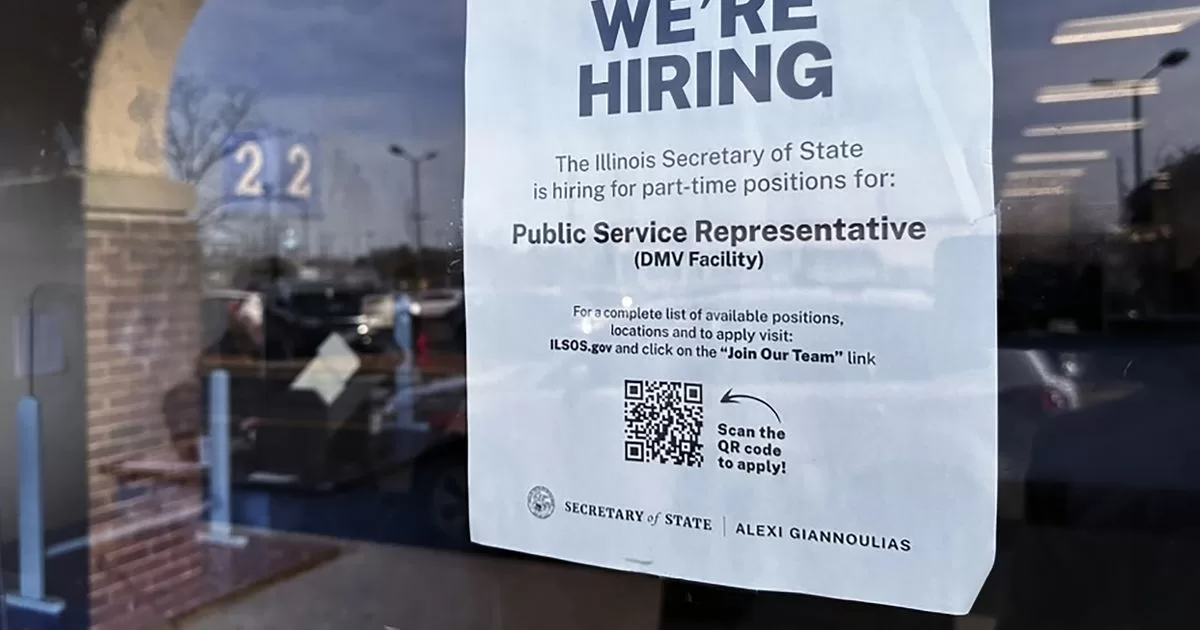Antalya.
Many children die in the earthquake. For survivors, a childhood begins with trauma from a catastrophe. In Syria in particular, there is a lack of help.
What remains of her two-year-old granddaughter, Nazli has with her in her jacket pocket. She takes out the socks, striped pink, black and white. She encloses the socks with her hands, presses them to her face, mouth and nose, as if she wanted to feel the little child again. Then she has to cry again. A neighbor puts a pill in her hand. For calming.
Behind Nazli, 55 years old, lies the property on which there is no longer a house. But a huge heap of rubble and steel here in the city of Antakya in southern Turkey. Somewhere in there is her granddaughter’s body. Hardly anyone believes that she is still alive. Bodies lie in sacks on the street next to Nazli, which they have already recovered from the rubble. Nazli’s granddaughter was named like her: Nazli.
The statistics counted more than 40,000 dead a week after the earthquake. The United Nations estimates that in Syria alone more than two million children have been affected by the earthquake, dead and surviving. In Turkey even more than four million.
And the children who survived also lose their homes. In Antakya, a city on Turkey’s border with Syria, children scurry around tents in a park. It is one of the improvised camps for the many homeless families. Some of the children sit on their parents’ laps, others play on the floor, a girl sits on a park bench and draws with colored pencils in a notebook.
Found in the rubble: cuddly toys, children’s shoes, school books, toy figures
Next to the ruins, rescuers and helpers often line up items on the ground that they find in the rubble. Again and again there are: cuddly toys, children’s shoes, school books, toy figures made of plastic.
You can’t think of everyday life. Schools are destroyed or without electricity. Doctors treat broken bones, bruises, or dehydrated bodies. In the clinics, doctors report babies that are a few weeks old and have been rescued from the rubble – but there is no trace of the parents. According to local media reports, the Turkish Ministry of Family Affairs cannot assign around 1,000 children to anyone.
Also read: How Ali Karacali from Switzerland is looking for his buried brother at home
No psychologist can take care of what this catastrophe is doing in the minds of the children. There can be hundreds of thousands with psychological consequences for many years. A first idea is that trainers will now be trained to act as a kind of “first aider for trauma therapy”.
It is easier to transport goods, especially for children and families. Aid organizations focus on sending winter clothing and sleeping bags for children, hygiene items for families, baby food, diapers. In Syria in particular, the supply situation is explosive.
Little Yilmaz, just seven months old, survived. His whole family too. Mother Fatma carries the little one in her arms. The family, the parents and the boy, share a tent with other survivors, which was given to them by a charity. Your home is now the size of a table tennis table.
More articles from this category can be found here: Politics

